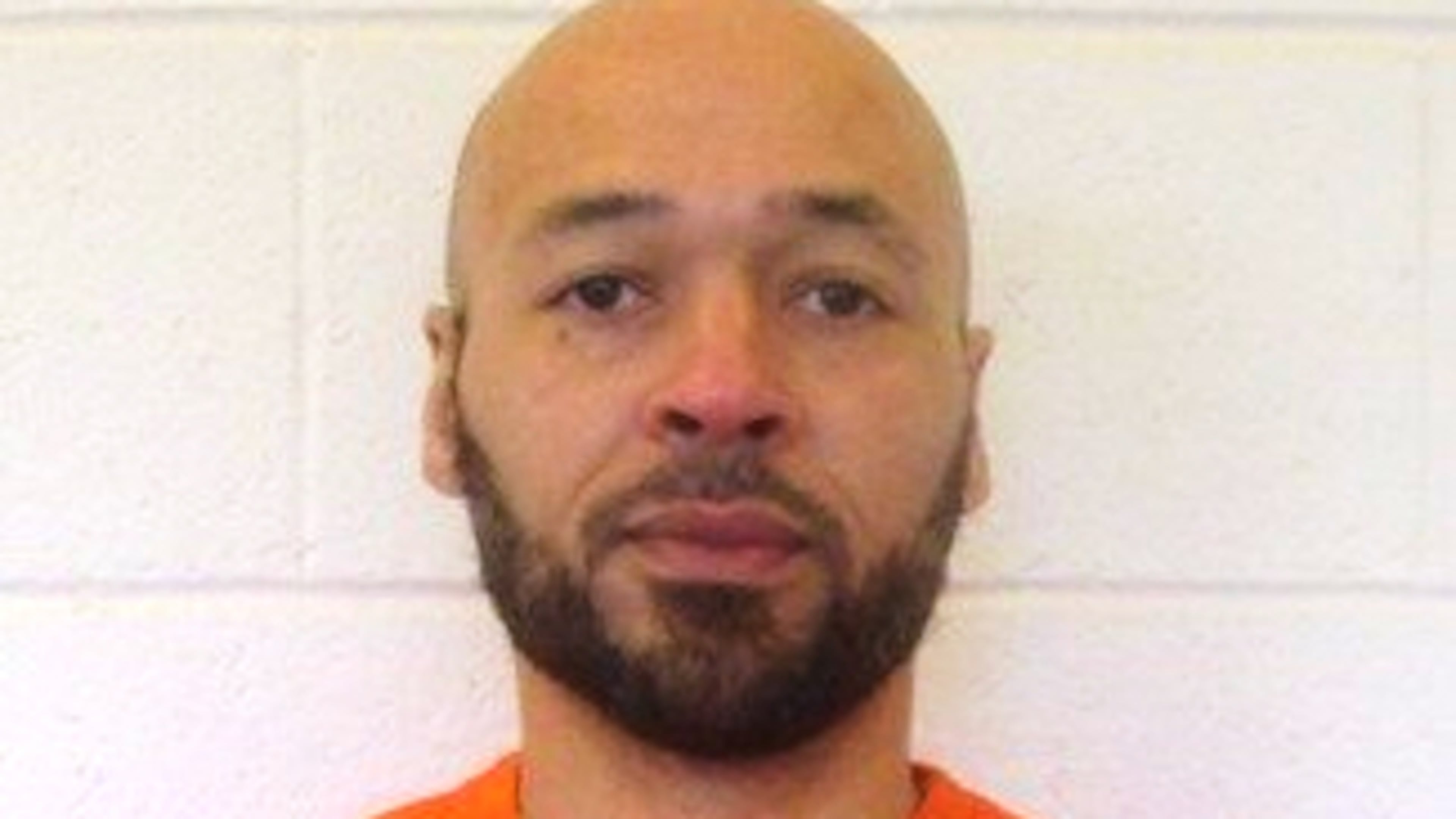Oklahoma governor spares the life of inmate just before he was to be executed

McALESTER, Okla. (AP) — Oklahoma Gov. Kevin Stitt has spared the life of a death row inmate just before he was set to receive a lethal injection on Thursday, commuting the man’s sentence to life in prison without parole.
Stitt formally granted clemency to Tremane Wood, 46, who was scheduled to die for the stabbing death of a man during a botched robbery in 2002. It is just the second time the Republican governor has granted clemency during his nearly seven years in office.
“After a thorough review of the facts and prayerful consideration, I have chosen to accept the Pardon and Parole Board’s recommendation to commute Tremane Wood’s sentence to life without parole,” Stitt announced.
“This action reflects the same punishment his brother received for their murder of an innocent young man and ensures a severe punishment that keeps a violent offender off the streets forever,” the governor said.
In his executive order commuting Wood's sentence, Stitt says Wood shall not be eligible to apply for or be considered for a commutation, pardon or parole for the rest of his life.
Stitt previously granted clemency to death row inmate Julius Jones in 2021, but had rejected clemency recommendations in four other cases. A total of 16 men have been executed during Stitt’s time in office.
Oklahoma Attorney General Gentner Drummond expressed disappointment with the governor's decision.
“I am disappointed that the governor has granted clemency for this dangerous murderer, but respect that this was his decision to make,” Drummond said in a statement.
Wood was scheduled to die for his role in the killing of Ronnie Wipf, a 19-year-old migrant farmworker from Montana, during an attempted robbery at a north Oklahoma City hotel early on New Year’s day in 2002.
Wood's attorney, Amanda Bass Castro Alves, said she and her legal team are “profoundly grateful” for Stitt's decision.
“This decision honors the wishes of Mr. Wipf’s family and the surviving victim, and we hope it allows them a measure of peace," her statement said.
Wipf grew up in a Hutterite religious community in Montana, and his family and the surviving victim of the attack supported his clemency, Castro Alves said.
George Burnett, one of the original prosecutors, said he's concerned that a five-member parole board can have such a profound impact on a case that has been litigated for more than 20 years.
“Ronnie Wipf is buried on a lonely hill somewhere on the plains of Montana, and when his family visits him, they wonder what might have been,” Burnett said.
Oklahoma’s Pardon and Parole Board voted 3-2 last week to recommend that the governor grant clemency.
During the clemency hearing, Wood’s attorneys didn’t deny that he participated in the robbery but maintained that his brother, Zjaiton Wood, was the one who actually stabbed Wipf. Zjaiton Wood was sentenced to life without parole. Before he died in prison in 2019, he admitted to several people that he killed Wipf, said Tremane Wood’s attorney, Amanda Bass Castro Alves.
Castro Alves told the panel Tremane Wood had an ineffective trial attorney who was drinking heavily at the time and who did little work on the case. She also said trial prosecutors improperly concealed from jurors the benefits that witnesses received in exchange for their testimony. Wood’s attorneys had asked the U.S. Supreme Court to stop the execution on these grounds, but were denied.
Prosecutors painted Wood as a dangerous criminal who continued to participate in gang activity and commit crimes while in prison, including buying and selling drugs, using contraband cellphones and ordering attacks on other inmates.
Wood, who testified to the panel via video link from the Oklahoma State Penitentiary in McAlester, accepted responsibility for his prison misconduct and his participation in the robbery, but denied being the one who killed Wipf.
“I’m not a monster. I’m not a killer. I never was and I never have been,” Wood said.
Wood’s attorneys also asked the U.S. Supreme Court to stop the execution, but the court denied that request early Thursday. His attorneys had argued, among other things, that trial prosecutors didn’t properly reveal details of a plea agreement with a key witness.

